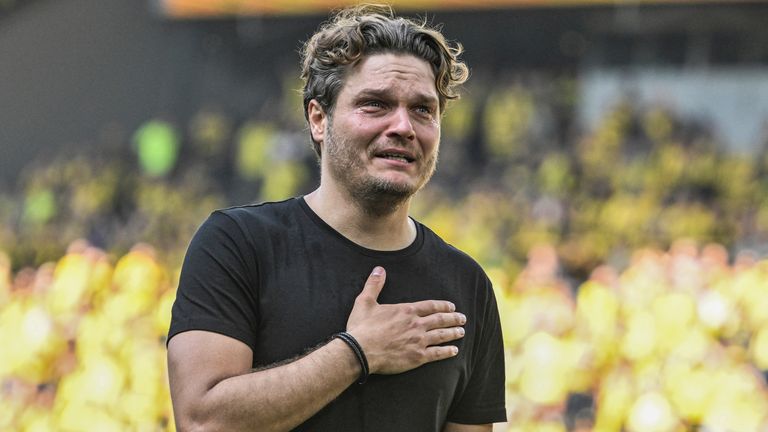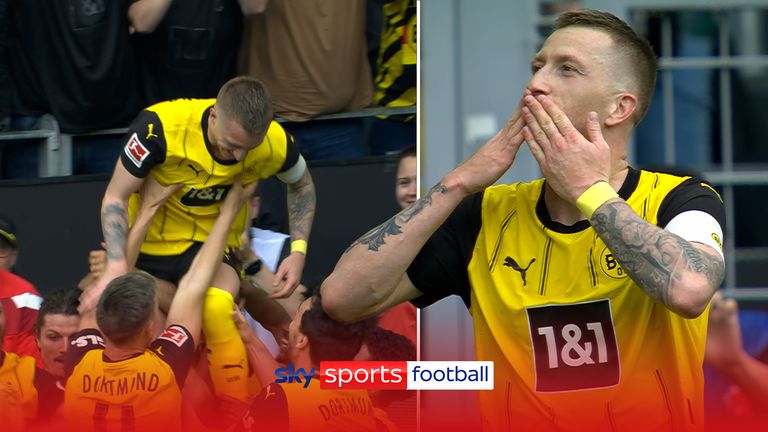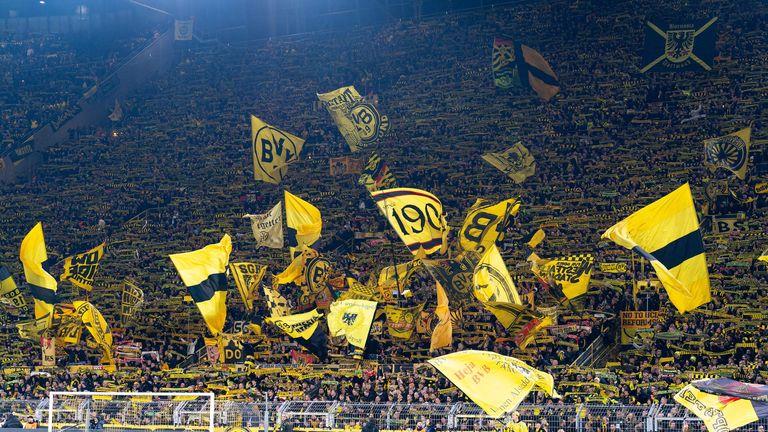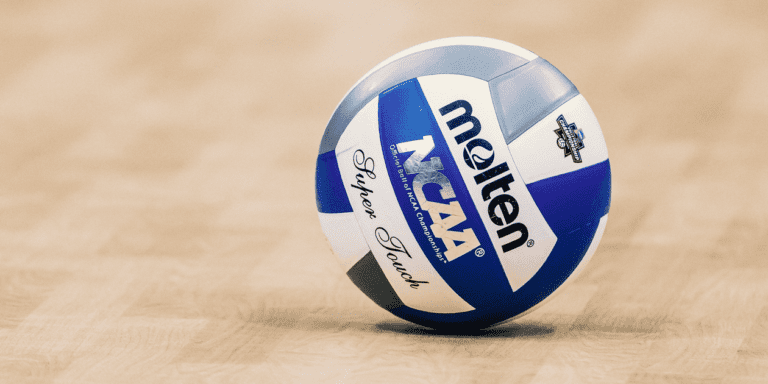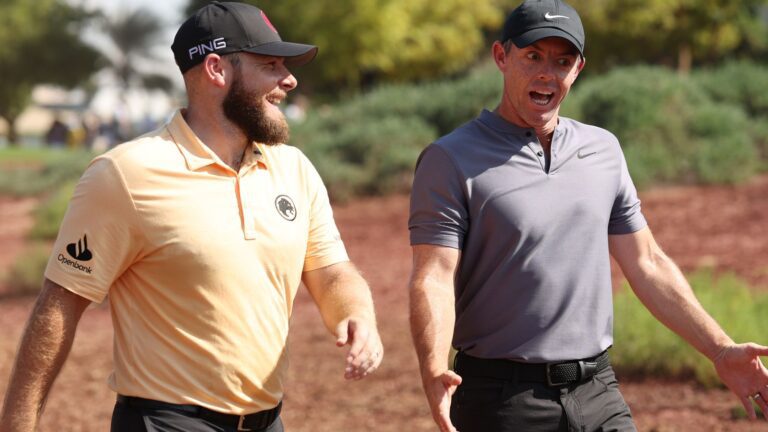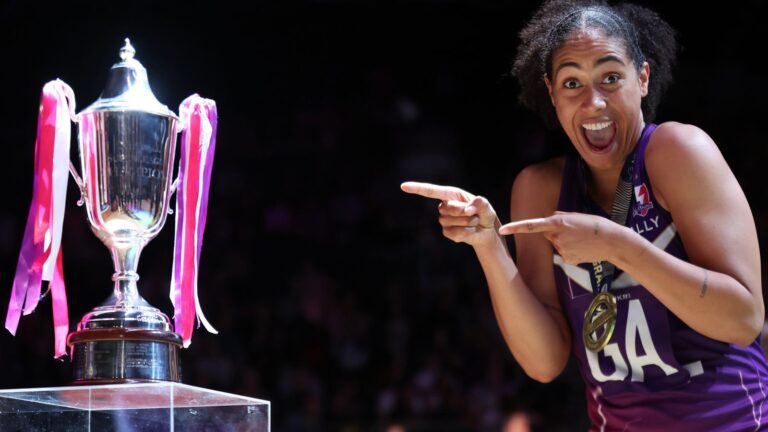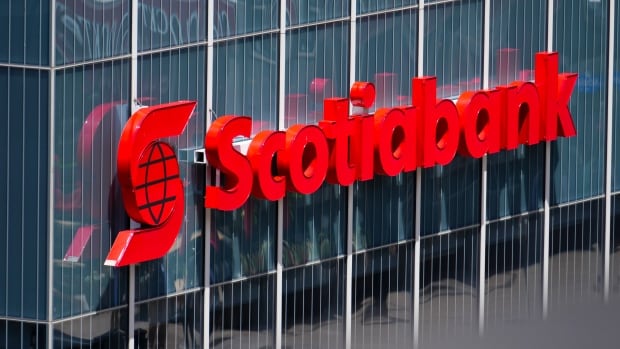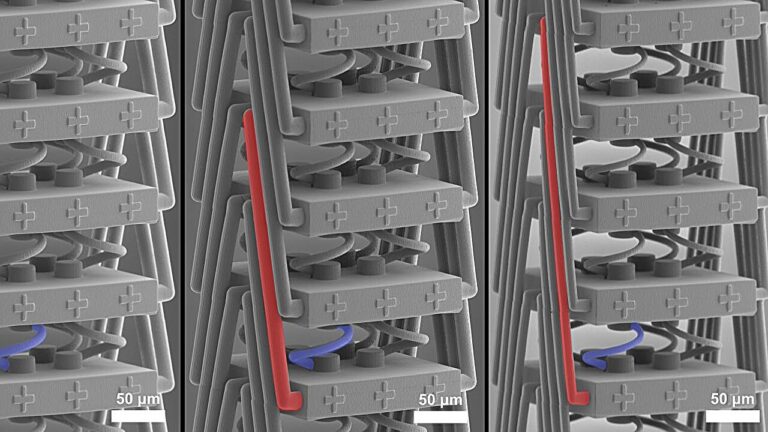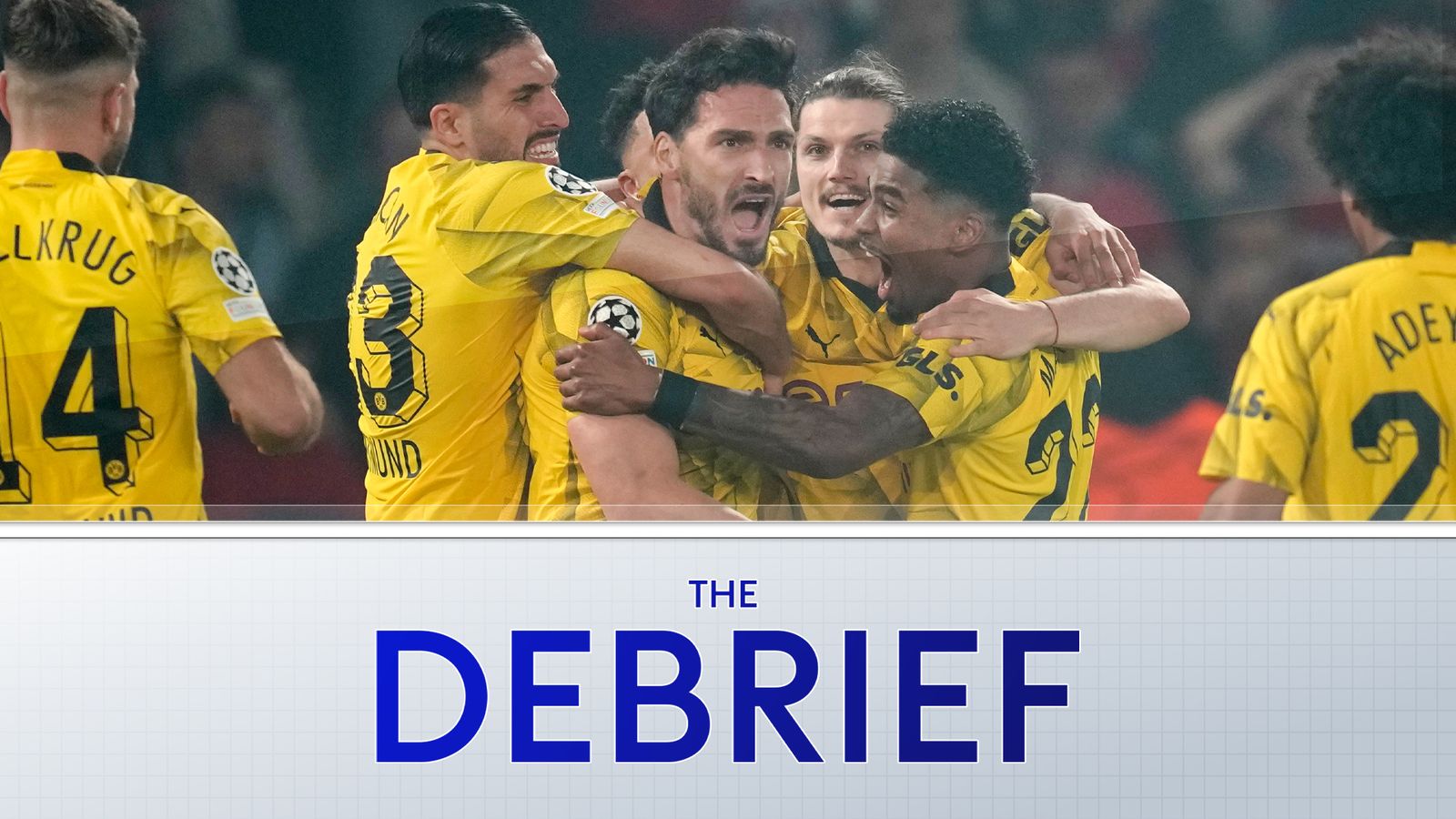
Monday marked the start of Champions League final week and Dortmund is duly abuzz as supporters ready themselves for London. But it also marked one year since the miserable day that Borussia Dortmund blew the Bundesliga title.
You might recall the scenes of disbelief. Needing only victory at home to Mainz to end Bayern Munich’s decade of dominance in Germany, the parade plans were already in place. Instead, Dortmund could only scrape their way to a 2-2 draw. Dreams dashed.
Outside the stadium, there were the usual recriminations. The exuberance of Edin Terzic, the team’s fan-turned-coach who had ridden the emotions to carry them to the brink of the title, was reframed. Had he been naïve? Were these players ready to win?
Inside the stadium, there was none of that. Those were conversations for another time. There was only a community united in disappointment. Terzic was in tears as he and his players applauded the supporters who did just that – supported their broken team. Even so, how do you recover from such a setback?
Speaking to Carsten Cramer, Dortmund’s managing director, on a trip to the city earlier this season, it was the question to ask. “Maybe you have seen the pictures,” he replied. “What happened with the players, what happened with the coach. That is Dortmund.”
That is Dortmund, indeed. It is just one reason why their return to the biggest stage – the Champions League final against Real Madrid at Wembley on Saturday – is such a cause for celebration. “Dortmund is different,” Cramer explained. He is not wrong.
This is the best supported club in Europe in terms of average attendance thanks to that Yellow Wall. They belong among the elite – winners of the 1997 Champions League and a club that boasts the second biggest revenues in Germany – but remain an outlier.
“There are a lot of pieces to the Dortmund puzzle. It is a very special one.” They have reached this final despite having sold Jude Bellingham to their opponents last summer and sold Erling Haaland to current holders Manchester City the summer before that.
There is something organic about Dortmund, something beautiful about them beating Paris Saint-Germain to be here. “We have no government, no company, no Arabian owner spending money. Whatever we do we have to earn it ourselves. That makes us proud.”
Were it not for the football club, Dortmund would be a relatively unremarkable city in the Ruhr. Neither the prettiest nor the wealthiest. “If you compare Dortmund as a city to the big ones, most of them are where the money is.” There is another currency in Dortmund.
“The most valuable currency of this club is emotion.” That can be a good thing and a bad thing. “I do not know any human who is only able to spend positive emotion. Negative emotion, disappointment, sadness and madness belongs to the history of this club.”
There have been more difficult moments than squandering the title. “Twenty years ago we made the mistake of spending money we did not have to overtake Bayern Munich and we almost went bankrupt.” Lessons were learned. These days, they know who they are.
Now, Bayern’s wage bill is around double that of Dortmund – the true context behind their attempts to compete with their Bundesliga rivals. “That is not to complain but we all know that the more you spend on salary, the higher the probability of success.”
And yet, some rivals will still be envious of Dortmund. So many fans. So many customers. But Cramer and his colleagues understand that there are limitations at this particular club. When the brand is built on authenticity, naked commercialisation can be awkward.
A conversation with Benedikt Scholz, Dortmund’s director of internationalisation and commercial partnerships, comes to mind. That famed Yellow Wall is certainly under-commercialised given how photographed it is but that is entirely deliberate.
“In some ways, you could say we are economically lunatics,” Scholz suggested. “Look at the Yellow Wall, there are 25,000 people standing there. If we would just put seats in and 20 more [executive] boxes, our commercial revenue would grow.”
Cramer acknowledged: “It is sometimes a challenge if there is a red line here and a red line there. It limits the growth. It makes it difficult. But I am happy. Protect your character. Take care of your DNA. Be open to new developments but no revolution.”
It means that while there are offices in New York and Singapore, Dortmund cannot expand as others have. They will not be hosting NFL games like Eintracht Frankfurt. But this weakness is a strength. “It is something which is part of our DNA. We focus on football.”
He added: “Although we have not been champions for 11 years, the stadium is still sold out. The interest in the club did not give up. That is because we are not only a football club. That is why the people spend their heart and not just their money.”
One wonders how those conversations go with his fellow executives when they are breaking bread as well as making it. Cramer offered a little insight, reflecting on what Txiki Begiristain, Manchester City’s director of football, once told him was the key to sustained success.
“He told me, ‘It is so important that you have 24 equal players in your squad because the players need that pressure.’ Of course, I know that it is helpful to guarantee success in sports but we do not have the money to offer the coach 24 equal players.
“We have to make the best out of it.
“Sometimes it works, sometimes it doesn’t work.”
They are not Manchester City and they are not the great Real Madrid. Nor do they want to be. They certainly do not want to be like Bayern Munich. “We do not compare ourselves to Bayern. As long as we try as hard as possible for our members, it is fine.”
There is another plan, explained by Cramer that day. “Try to be Dortmund. At some point, we will be rewarded for this strategy.” One year on from that disappointment against Mainz, the biggest reward that European club football can offer is only 90 minutes away.
